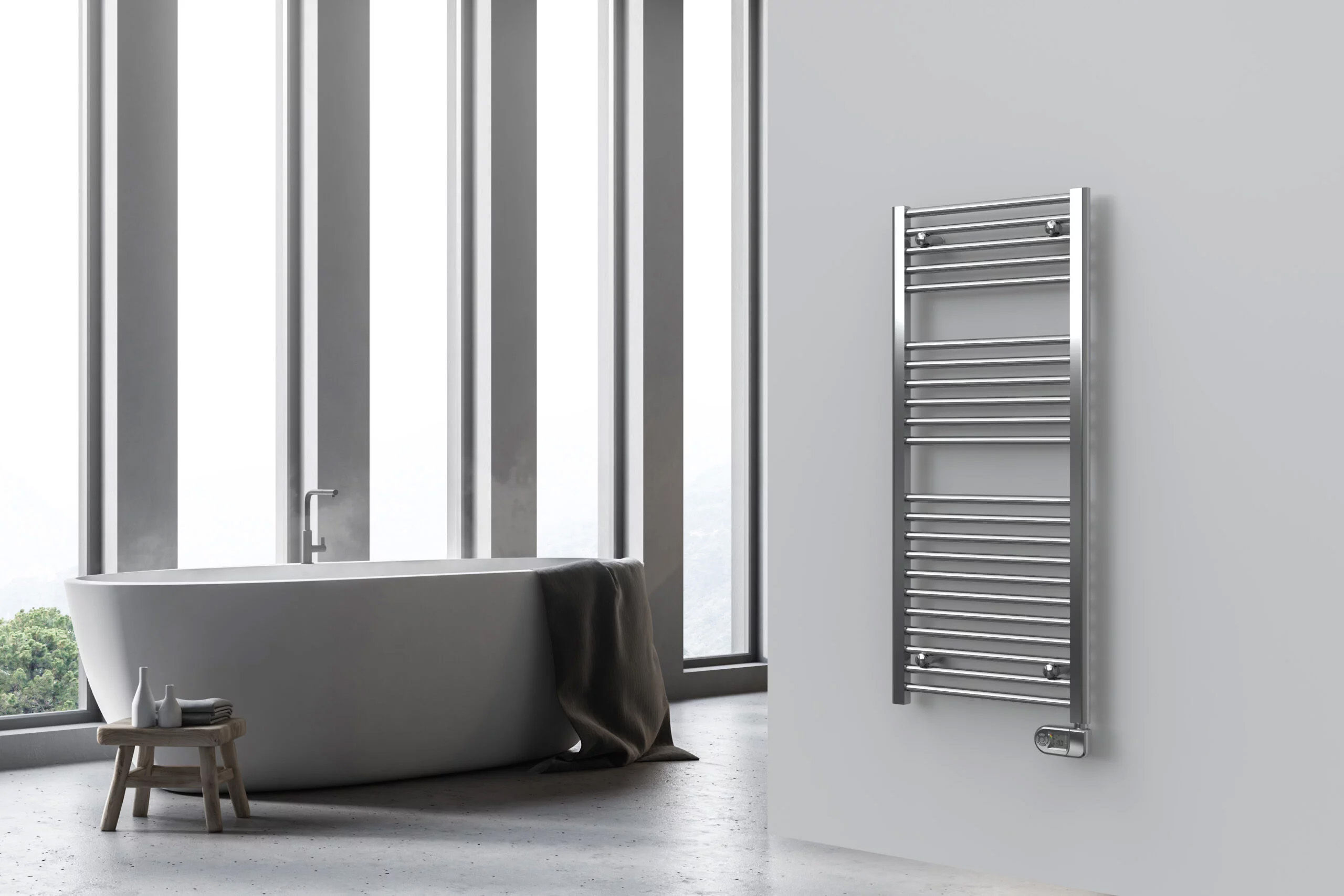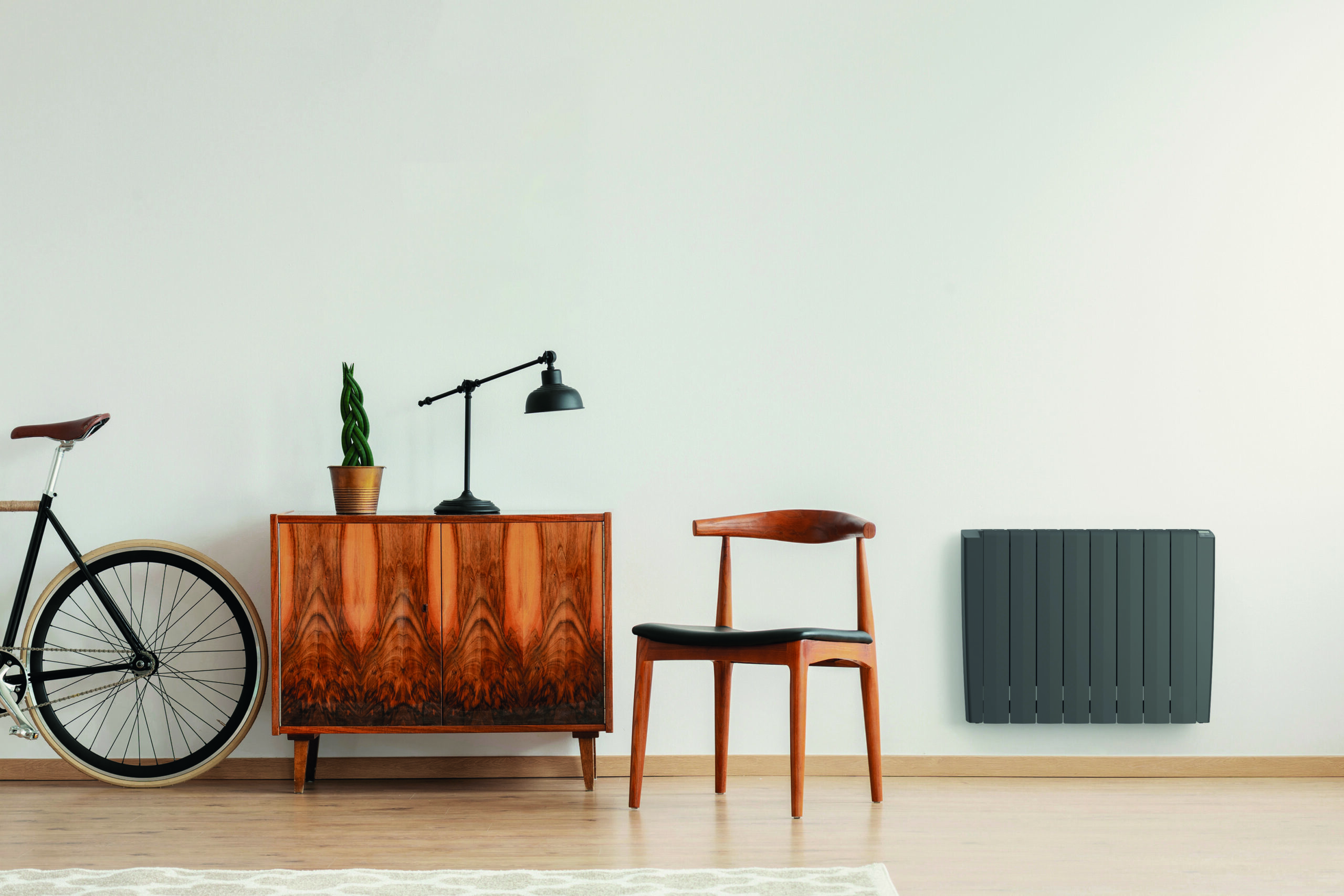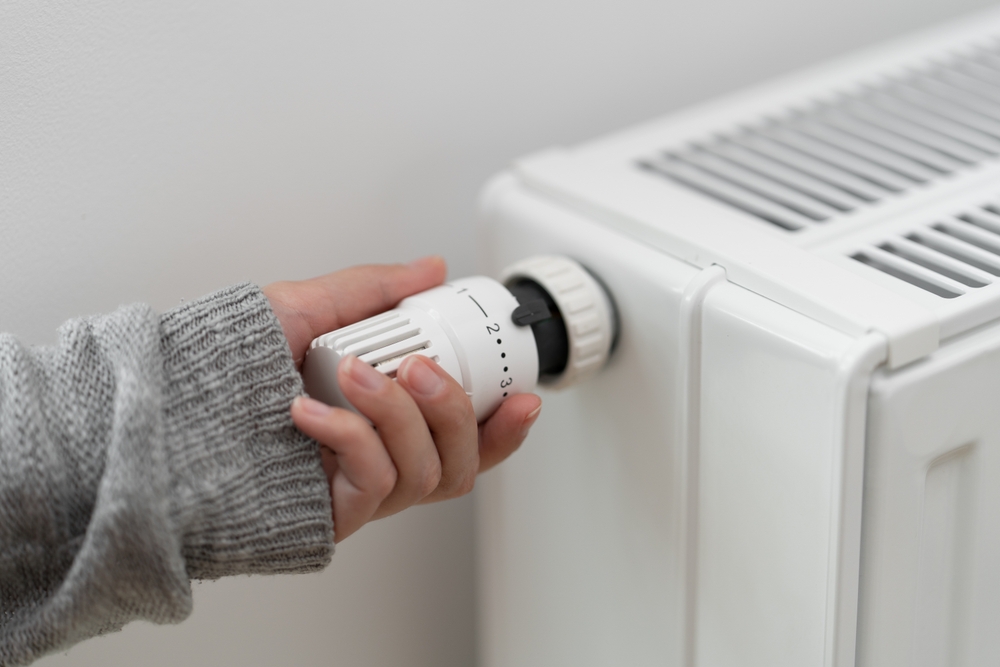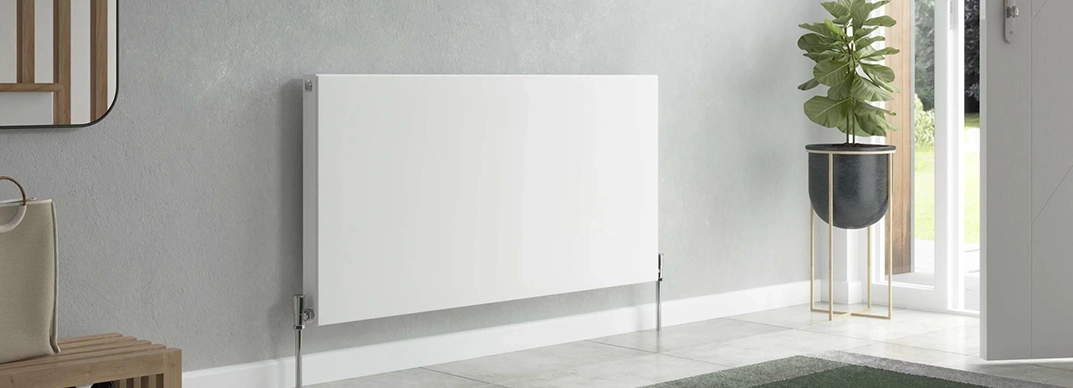When the temperature drops outside, as it so often does in the UK, having a reliable home heating system is there to ensure you stay comfortable away from the cold. Working in the background, it’s easy to take this for granted when it’s working efficiently, but when it doesn’t, you’ll quickly notice the difference.
Having a basic understanding of how your heating system works and how you can ensure it maintains a cosy home for you and your family can help resolve many types of issues quickly. So, below, we’ll guide you through some of the basics of modern heating systems, and why your home’s radiators need to be as efficient as possible.
Why a Home Heating System Is Best For Your Home
A home heating system is essential for maintaining a comfortable and healthy indoor environment, especially during the colder months. Effective heating ensures that your living spaces remain warm and pleasant to be in, protecting you and your family from the harsh outdoor temperatures. Whilst the UK weather can be mild on average compared to other parts of the world, when it gets cold, you need to be able to rely on heating your house quickly and without costing you a fortune.
As well as ensuring comfort, a well-maintained heating system can improve indoor air quality by reducing humidity and preventing damp and mould growth. Most modern heating systems are designed to be energy efficient so that you can lower your utility bills as much as possible when using them for prolonged periods during cold snaps.
Radiators, in particular, offer reliable and consistent heat distribution, which is why they are a popular choice for many homes across the country. They work efficiently with your central heating system and provide quick and even warmth throughout your living spaces. Investing in a good home heating system if you don’t have one already not only enhances your comfort but also contributes to a healthier and more energy-efficient home.
Different Home Heating Methods
So, what are some of the different heating systems people have in their homes? There are several ways to heat your home, each with distinct benefits and disadvantages:
- Central Heating – The most common system uses a central boiler to heat water which is then distributed throughout your home through your radiators. It’s efficient and can quickly heat both large and small rooms whenever you need it. Its reliability and effectiveness in maintaining consistent indoor temperatures make central heating systems a popular choice.
- Radiant Heating – Less common than central heating, but this method involves heating surfaces, such as floors or walls in the home, which then radiate heat into the room. Radiant heating can be efficient and provide consistent temperature but may take longer to heat a room, relying on heating panels that are behind walls or under floors.
- Underfloor Heating – A type of radiant heating where heat is provided by hot water pipes or electric mats installed under the floor. Underfloor heating offers even and comfortable heat distribution and is hidden from view, saving space. However, it can be costly and complex to install, especially in existing homes. It’s most common to see this in bathrooms and kitchens where you may have tiled or wooden floors, but can be installed in any room.
- Electric Heating – This method uses electric radiators and heaters to provide direct heat that doesn’t require a connection to your central heating. It is easy to install and use, making it a convenient option for smaller spaces or to provide additional heating. However, it can be more expensive to run this compared to other methods due to higher electricity costs.
The Best Components Of Heating Systems
Modern home heating systems consist of several key components that work together to provide efficient and reliable heat:
- Boilers – These are the core of central heating systems. A combi boiler is the most common type which heats water on demand, which is then distributed to your radiators. Regular or conventional boilers will need a separate water tank and is one of the largest heating systems to have, whereas a combi boiler does not need this, ideal for smaller homes.
- Heat Pumps – Becoming popular in recent years, heat pumps transfer heat from the outside air or ground into your home, offering an energy-efficient alternative to traditional heating. They are versatile and can also provide cooling in warmer months.
- Radiators – Radiators are crucial for effective heat distribution and efficiently transfer heat from hot water into a room, providing consistent and comfortable warmth. Modern radiators come in various designs and sizes, many of which you will find here at Stelrad, so that they fit seamlessly into any home décor.
- Thermostats and Timers – These devices control the temperature and schedule of your heating system, optimising energy use and maintaining comfort. Smart thermostats offer advanced features like remote control and learning capabilities for even greater efficiency.
- Thermostatic Radiator Valves (TRVs) – These small devices are essential to easily regulate the temperature of your radiators per room. This is ideal if you have some rooms that do not need to be heated as much as others, so that you can efficiently heat only the room you need. TRVs can be easily fitted to your radiators and are simple to use.
The Heating Process Explained
In a typical central heating system, a boiler heats water, which is then pumped through a network of connected pipes to radiators located throughout the home. The radiators transfer heat from the hot water to the surrounding air, warming the room. This process continues until the desired temperature set on the thermostat is reached.
Radiators play a crucial role in this process by efficiently releasing heat, ensuring consistent and comfortable temperatures in each room. The heated water in the radiators cools down as it circulates, then returns to the boiler to be reheated and recirculated.
Thermostats and timers further enhance this process by controlling when the heating system turns on and off, ensuring that energy is used efficiently, and rooms are heated only when needed. This cycle of heating, transferring, and controlling is what keeps your home warm and comfortable.
Practical Tips To Help With Efficient Heating
- Use Programmable Thermostats – Schedule heating to match your routine, reducing energy use when you’re not home.
- Maintain Your System – Regular servicing of boilers, radiators, and other components improves efficiency and longevity.
- Upgrade to Efficient Radiators – Modern radiators offer better heat distribution and energy efficiency.
Hopefully, you’ll be able to easily identify the heating system your home currently uses. Once you have a basic understanding of how it works, you’ll then be able to see how you can improve performance. Finding the best heating system for your house will differ for everyone, similar to choosing radiators that are correctly sized for each room.
If you need any help with upgrading your current radiators, please do contact us. You’ll find frequently asked questions here, and be sure to browse our website to see our full range of efficient radiator models.
 Next Day Delivery£18 For Next Day Delivery On All Products*When ordered before 2pm.*T&Cs apply
Next Day Delivery£18 For Next Day Delivery On All Products*When ordered before 2pm.*T&Cs apply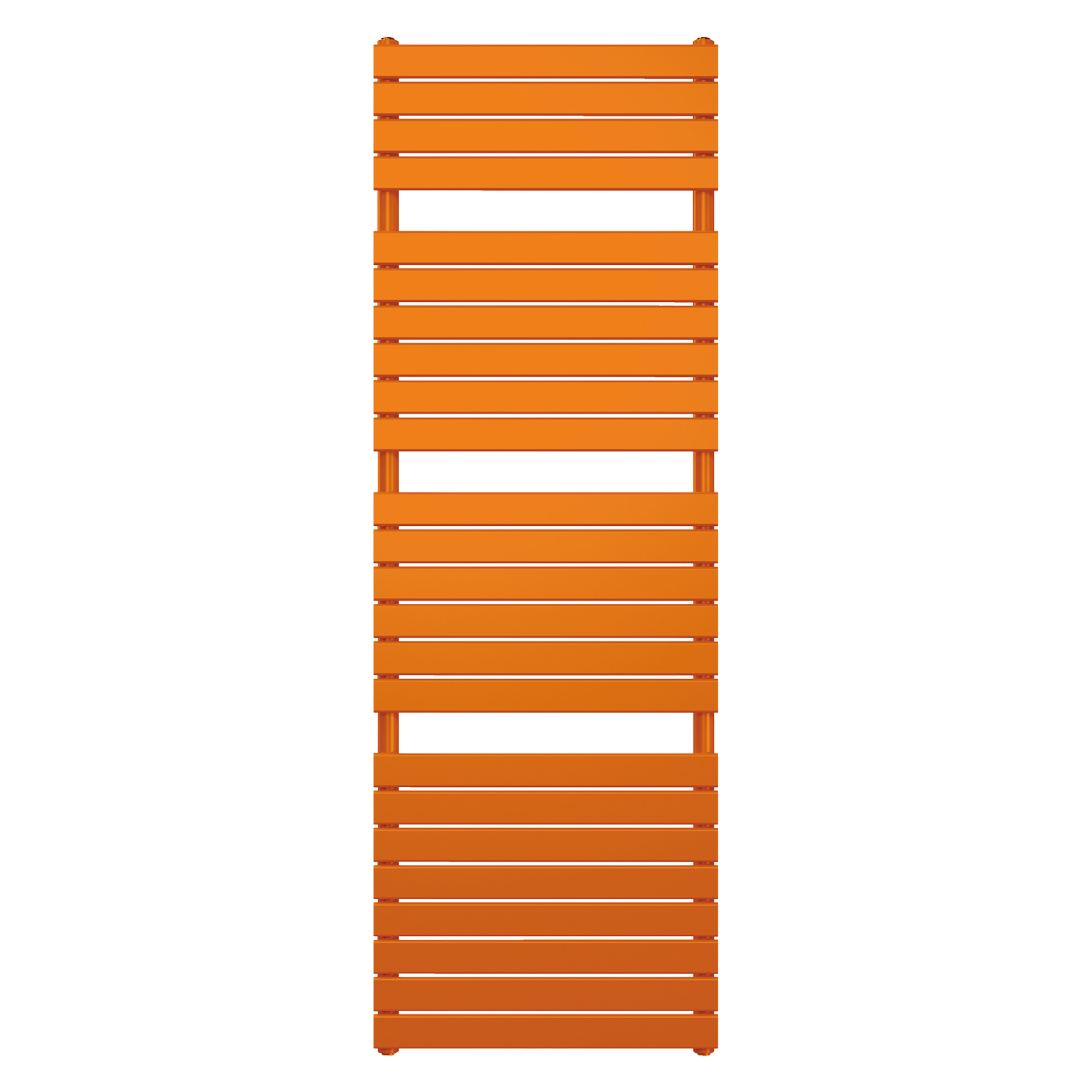 HOME SERIESConcord Rail Coloured
HOME SERIESConcord Rail Coloured

